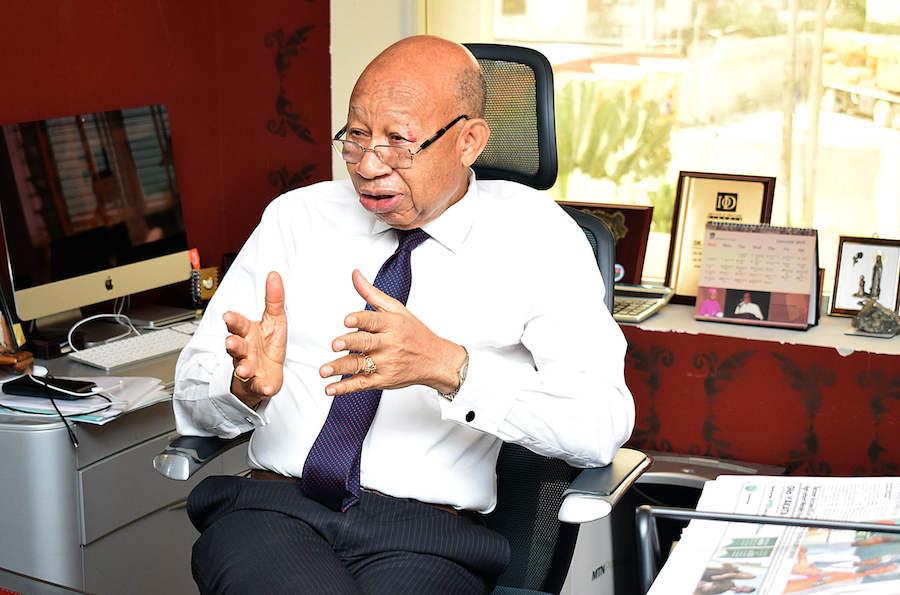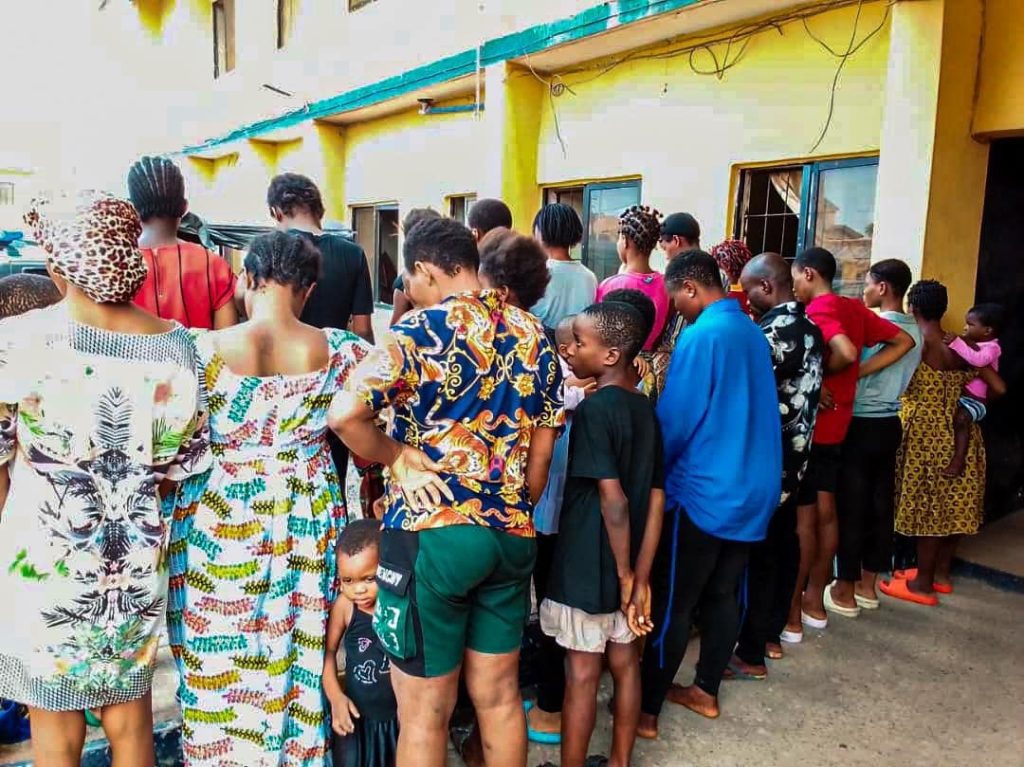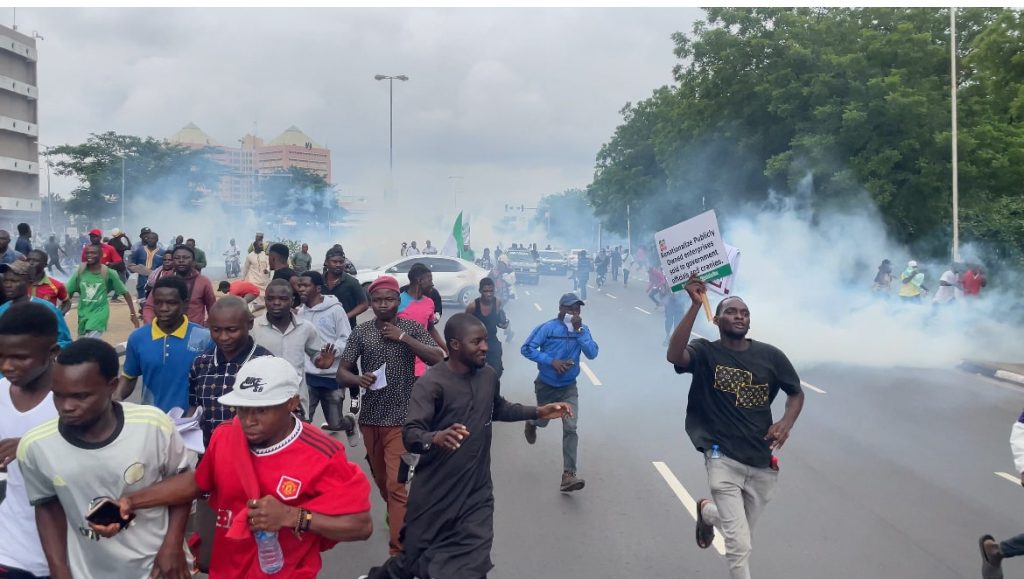One thing is evident about the youth category: the borders separating childhood from youth and youth from adulthood are moving, and the passage into each new period is now manifested in different ways. True, the United Nations and others frequently use the age range of 15-24 for statistical purposes, but in many situations, this difference is too narrow for nations like Nigeria, where adolescents in that category have no idea what their future holds.
Everyone in Nigeria is tired of the elderly people governing the country, but no old politician is willing to step down in favor of the youth. For years, the older generation has ridden in the saddle, relishing the splendor and aura of authority. However, President Major General Muhammadu Buhari (retd.) signed the “Not Too Young To Run Bill” into law. Changes to the election law included lowering the age of presidential candidates from 40 to 35 and House of Representatives candidates from 30 to 25 years.
The bill has resulted in a favorable trend in youth political engagement, with youth candidacy jumping from 21% in 2015 to 34.2% in the 2019 elections. Despite these improvements, the number of youths aged 18-29 (according to the youth definition provided by the National Youth Policy Organization) voted into electoral posts in Nigeria is less than 1%. Imagine? Today, there are no youths in President Buhari’s new government or in the National Assembly. As a result, adolescents are asking why the Not Too Young to Rule rule isn’t being enforced. Why aren’t they represented in the House of Representatives? It is not farfetched—Nigerian youngsters are still far too young to rule. Our generation of adolescents is not yet capable of holding authority; they are intelligent, but they cannot bear the responsibilities of power.
Notably, Chief Olusegun Obasanjo assumed power in his 30s; Tafawa Balewa controlled Nigeria at 34; Okotie-Eboh and Enahoro emerged as political leaders at 27; MT Mbu at 23, Muritala Muhammed at 28, and Buhari at 24, among many others in their 20s and 30s. One thing that these generations of leaders had in common was a strong desire for people’s emancipation. They had a comprehensive political education, which encouraged them. Can this be stated about today’s youth?
For many years, especially after the country returned to democratic administration in 1999, youngsters were viewed as sympathizers, social media ranters, mobilizers, or political foot soldiers recruited to incite violence, manipulate elections, and frighten opposition parties. While this image is not entirely the fault of the older generation, these groups liked the idea of young people as political mercenaries rather than rivals. What do young people do now that they hold positions of power? Let us return to our Students’ Union Government in Higher Institutions, which was founded in several Nigerian higher education institutions to influence school management policy, maintain orderliness, and foster a positive relationship between students and officials. The opposite has been true for the majority of these student unions, with many of the leaders accused of embezzling cash.
On October 30, 2017, The Cable reported that the Students’ Union President of the University of Nigeria, Nsukka, Joshua Ezeja, was impeached for allegedly stealing N4 million from the union’s account. Ezeja was impeached, along with two members of his cabinet, for making withdrawals from the SUG account without the approval of the Students’ Union Representative Council. On April 22, 2018, the SUG of Benue State University suspended the union’s speaker, Fanen Anjie, for allegedly misappropriating N2.2 million. On August 3, 2018, two SUG leaders from two institutions in the South West were arrested for misappropriating union funds. On this day, Ayobami Popoola, the SUG President of the Federal University of Agriculture in Abeokuta, Ogun State, was suspended for two weeks for allegedly misappropriating N612,000.
We claim politicians are crooked, but the bandwagon mentality is evident in our pupils. So, as soon as they arrive at office, they repay the amount spent on campaigns by pasting posters, purchasing recharge cards for fellow students, and so on, similar to the stomach infrastructure in Nigerian politics. It’s unfortunate: are Nigeria’s youths prepared to rule? Aren’t they too young to rule?
Not only are youths lousy at leadership, but we also have crime, particularly cybercrime, which is committed using electronic communication networks. How can youths be true leaders if they indulge in various forms of cybercrime at a young age? Remember when the Economic and Financial Crimes Commission named Adewale Daniel Jayeoba, a 24-year-old investor, wanted for allegedly defrauding people in a N935m Ponzi scheme. Again, 18 months after his arrest, Obinwanne Okeke, a recognized Forbes Nigerian entrepreneur, was convicted in the United States for a multi-million dollar fraud. And we still believe we are not too young to rule.
It is unfortunate that when Buhari and others ruled us as youths, they were smarter, had more vision, and performed better in administration than we, the Nigerian youth. Give a 25-year-old Buhari his current position, and he will go blank, devoid of ideas. Give a 35-year-old a governor’s seat, and I guarantee he will break the chair. Now, I’m not saying we don’t have eligible youths who are clever, have wonderful hands for leadership, and are passionate about development; in fact, I know a handful.
To summarize, perhaps the responsible Nigerian youths should continue to rant on Twitter, perhaps the wise among us should sit at home and continue to criticize Buhari, perhaps they should not actively participate in real politics, and perhaps Nigerian youths need another 40 years in the wilderness before we can know if we are ready to rule Nigeria.













